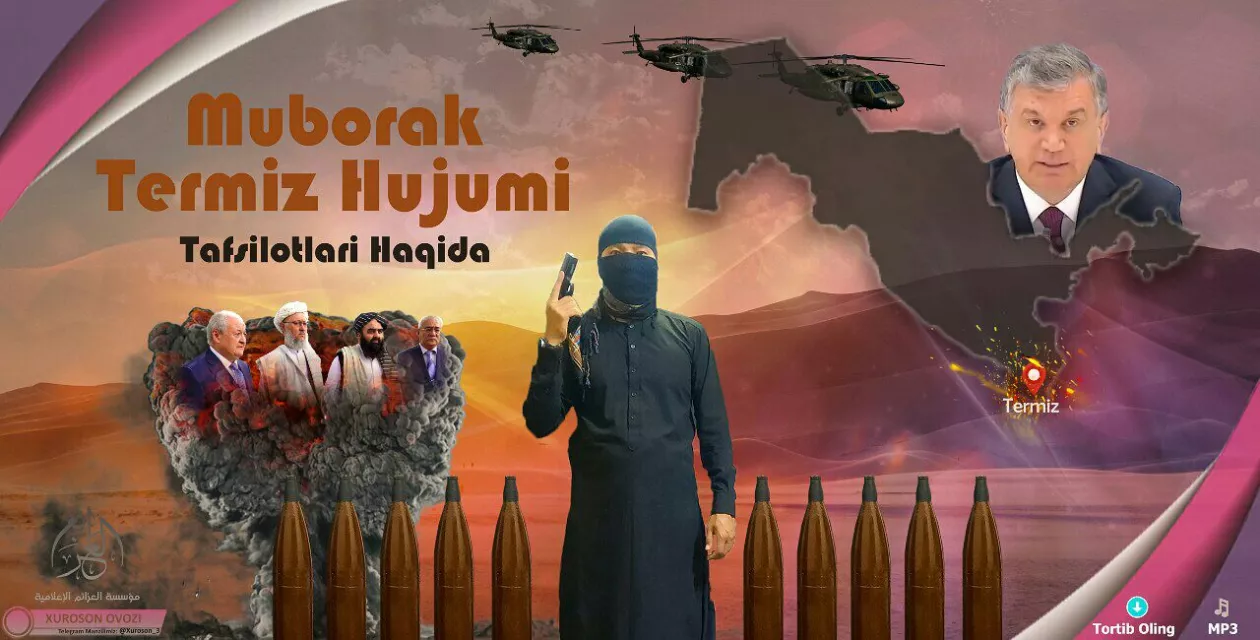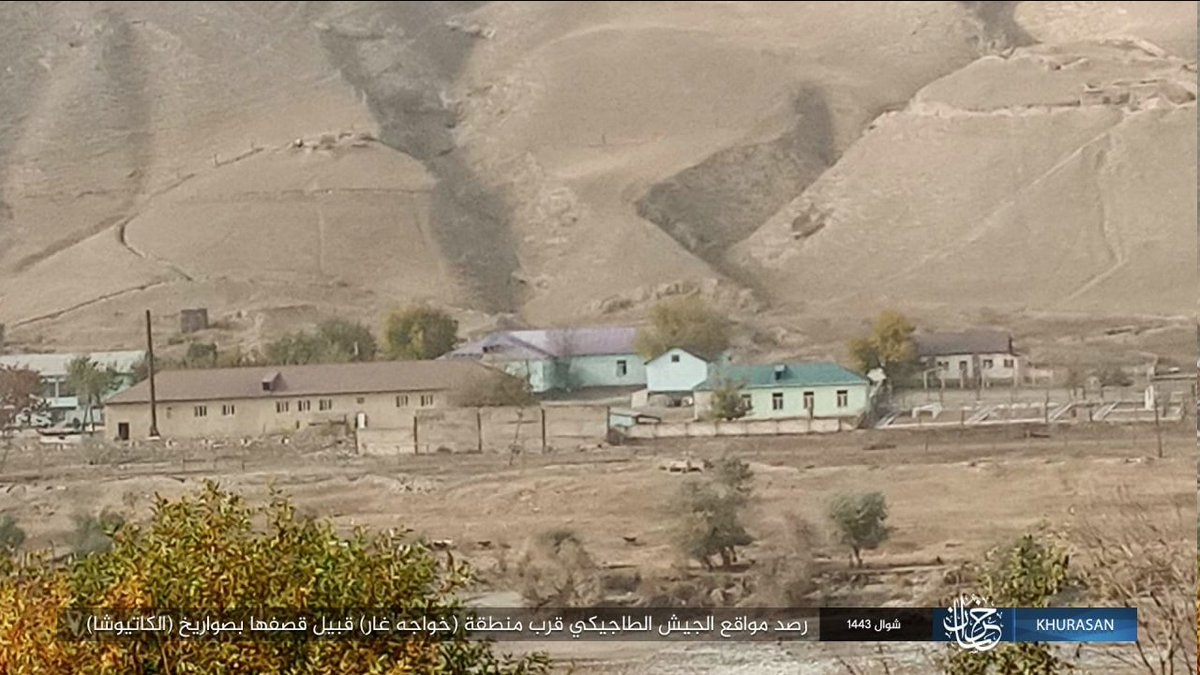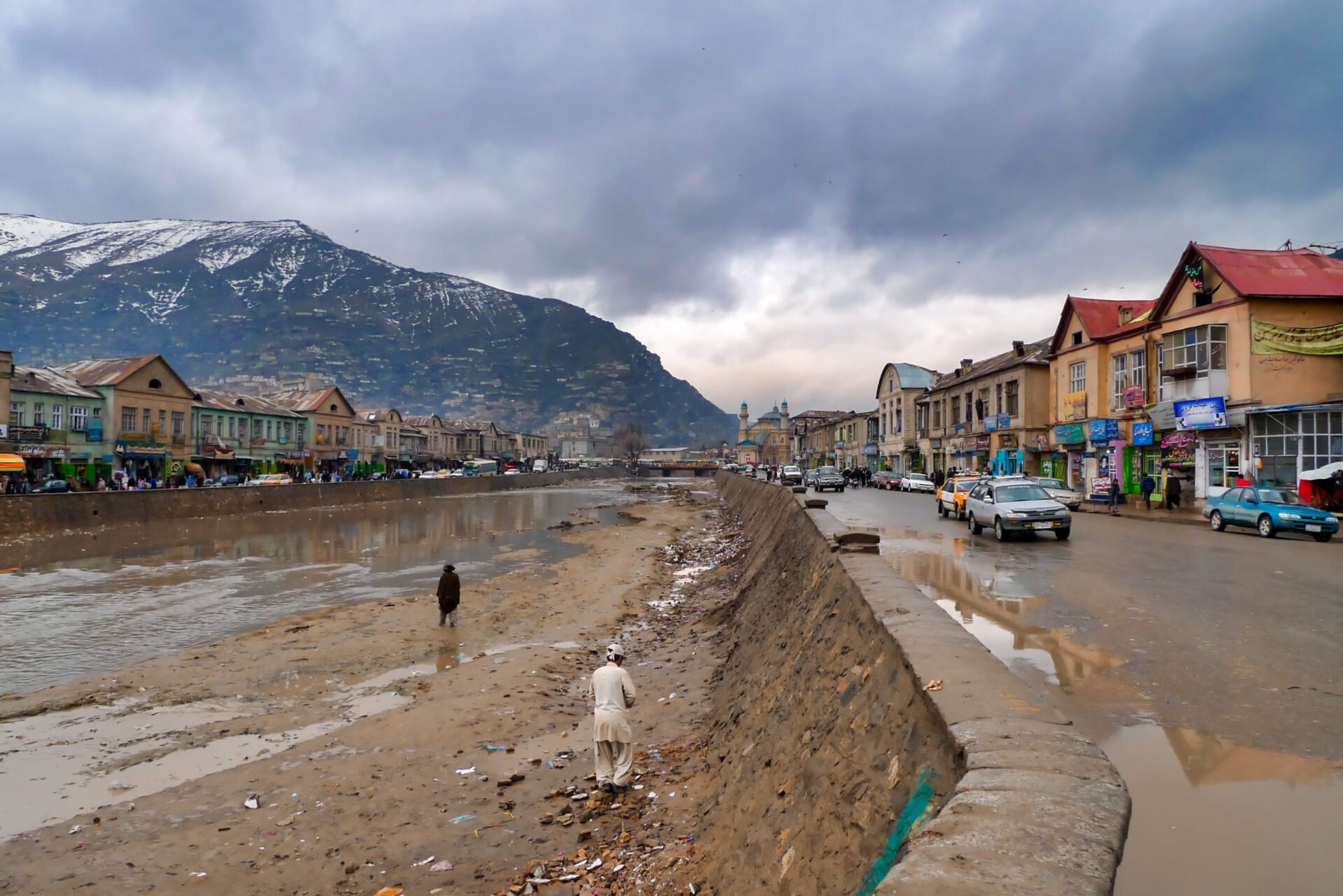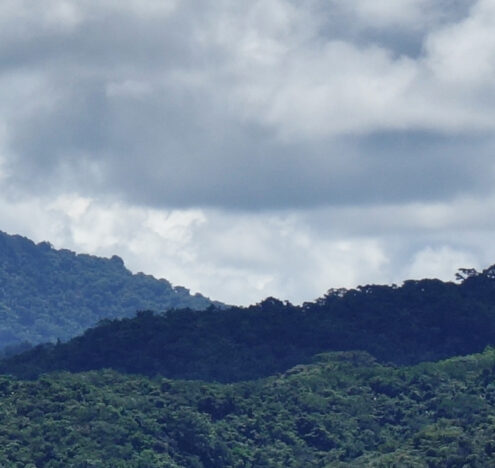Since the Taliban takeover of Afghanistan in August 2021, US officials have issued several warnings about the threat of transnational attacks by the self-declared Islamic State’s Afghan chapter, commonly known as Islamic State Khorasan or ISK.
On May 10, 2022, the US Defense Intelligence Agency director, Lieutenant General Scott D. Berrier, assessed that ISK might establish external attack capabilities within “probably a year [or] slightly longer.” He said he is “more concerned” about ISK than al-Qaida regarding Afghanistan. In October 2021, in his testimony to the Senate Committee on Armed Services, Under Secretary of Defense for Policy Colin Kahl stated that it would take between six and 12 months for ISK to establish an external threat capability. And in March 2022, General Kenneth McKenzie, Commander of US Central Command, testified that the group could establish such capabilities in about 12 to 18 months. The basis for these assessments was not made public.
In view of this, on Apr. 17, 2022, when ISK claimed to have hit Uzbek security forces in the Uzbek border town of Termez with ten rockets launched from across the Afghan-Uzbek border river, alarm bells began to ring. Less than a month later, on May 7, 2022, ISK took responsibility for another rocket barrage, fired from the northeastern Afghan province of Takhar, targeting a Tajik base just across the Afghan-Tajik border river.

Since then, these rocket attacks have regularly been cited as proof of ISK’s transnational threat. A foiled plot of an ISK-linked cell of five Tajik citizens arrested in Germany in March 2019 and April 2020 is also sometimes referenced as an example of ISK’s alleged transnational capabilities. Yet, when scrutinized, these attacks and plots present a different picture of ISK’s capabilities.
ISK’S FAILED ROCKET BARRAGES
Regarding the ISK-claimed rocket attack allegedly hitting Uzbek soil on Apr. 17, 2022, the Taliban, after an initial denial, acknowledged the firing of rockets from Hairatan, a place at the Afghan-Uzbek border, and videos subsequently showed the launching of the missiles. However, it remained doubtful that any rocket reached Uzbekistan. Indeed, there has been no information on anything hitting the Uzbek side of the border, as Abror Kurbonmuratov, a local journalist in Termez, the allegedly struck area, told Inkstick.
Despite its propaganda displaying transnational ambitions, ISK’s main focus is attacking the Taliban.
As in previous similar attacks inside Afghanistan, ISK used a homemade rocket launcher. And as such launchers have proven anything but accurate, it is well conceivable that the rockets went astray and did not reach Uzbekistan.
In a second, unclaimed firing of rockets from Afghan soil against Uzbekistan that happened on Jul. 5, 2022, projectiles did land on Uzbek soil. However, footage shared on social media only showed minor damage to some civilian houses, and Uzbek authorities asserted that none of the five impacting rockets exploded and that no one was injured.
Similarly, the cross-border rocket attack against Tajikistan on May 7, 2022, hit nothing of relevance. ISK published a photo of the allegedly targeted facility of Tajik security forces, but the picture only shows mundane houses, and one cannot make out any notable damage. Tajik authorities asserted that there had been a firefight between the Taliban and ISK across the border and that some unspecified projectiles had coincidentally entered Tajikistan. That said, a Tajik official confirmed to Inkstick that, apart from insignificant minor damage to the walls of a border post, no other damage was caused.

Given the availability of rockets in the war-ravaged country and the use of improvised launchers, acquiring and launching rockets in Afghanistan is comparatively easy and, thus, not proof of significant capabilities. Therefore, these attacks are more failures than successes, which might be why there have, as of the time of writing, been no further such incidents. Indeed, the cited incidents arguably rather show the limits of ISK’s transnational capabilities.
QUESTIONABLE PLOT IN GERMANY
The plot of the arrested ISK-cell, consisting of Tajik nationals, in Germany to stage attacks there is also far from conclusive proof of the group’s transnational capabilities as the link is much weaker than regularly suggested.
In a 46-page German court sentence against Ravsan B., one of the cell members, “Khorasan” is only mentioned five times (the sentence against other cell members was, as of the time of writing, not publicly available). And while German authorities were able to prove that Ravsan B. and other cell members were in touch with an ISK commander in the eastern Afghan province of Nangarhar via Zello, a communication app, the extensive court sentence does not indicate that this was of high relevance. Indeed, the only elaboration with respect to this contact is that the ISK commander, who was also a Tajik national, “strengthened the ideological basis of [Ravsan B.] and the other group members and trained them in the jihadist ideology of IS.”
At least for Ravsan B., this contact was also short-lived. According to the sentence, the referenced contact started on Jan. 1, 2019, only 2.5 months before Ravsan B.’s arrest on Mar. 15, 2019. Assuming a significant ISK link to this arrested German cell is, at best, speculative.
Furthermore, the arrested members of this Tajik cell in Germany were apparently anything but adept professionals. This is arguably best exemplified by the episode where the cell took on a hitman job to assassinate a local businessman in the Albanian capital Tirana in February 2019, which was meant to finance their jihadist plans in Germany. While they managed to travel to Tirana and acquire a pistol, they eventually aborted the assassination because they suddenly had doubts about whether the man they had been following for three days was actually the man they were meant to kill. This rather draws the picture of blundering would-be jihadists than hard-boiled terrorists.
ATTACKING THE TALIBAN
Despite its propaganda displaying transnational ambitions (see here, here, and here), the group’s main focus is attacking the Taliban. Between Jan. 1 and Nov. 30, 2022, ISK claimed 188 attacks, of which 123 directly or indirectly targeted the Taliban (111 attacks directly targeted Taliban members, another ten alleged spies for the Taliban, and two civilian employees of the Taliban government). In other words, approximately two-thirds of all claimed ISK attacks targeted the Taliban. About three-quarters of the remaining attacks (50 out of 65) were aimed at Pakistani security forces or spies for Pakistani security forces (35 of the mentioned 50 attacks, all conducted in Pakistan) and against Shiites (15 of the mentioned 50 attacks, 14 of which were conducted in Afghanistan and only one in Pakistan). As ISK has an apparent presence in Pakistani tribal areas, these cannot be counted as transnational incidents. Apart from the above-discussed questionable examples, ISK claimed no other transnational attack.
This, as well as ISK’s consistent deriding of the Taliban on every occasion, strongly suggests that ISK currently focuses first and foremost on directly hitting the Taliban — not transnational targets. This is likely at least partly due to a still ongoing bloody Taliban campaign against ISK that has dealt significant blows to the group, meaning that ISK is likely looking for revenge and does anyway not have much of another choice than to try to strike the Taliban before they can arrest or kill them.
GROUND REALITY
All the above heavily qualifies the significance of incidents that are often cited as alleged proof of ISK’s transnational capabilities. Indeed, a closer look reveals that such attacks and plots are almost singular exceptions that have been more failures than successes. As such, they are more indicative of the limits — not the dangers — of ISK’s external attack capabilities.
This is not to say that ISK is no transnational threat at all. The group seemingly aspires to expand and launch external attacks. However, in assessing the transnational capabilities of ISK, a sober scrutinizing of facts on the ground would be more helpful than the uncritical citing of ISK claims and reliance on their inflated propaganda. This is all the more the case as the hyping of the threat posed by ISK obfuscates arguably more tangible transnational threats emanating from Afghanistan, as, for example, posed by groups like the Tehrik-e Taliban Pakistan or Ansorullah Tajikistan.
Franz J. Marty has been living and working in Afghanistan as a freelance journalist since December 2014 and is also a fellow of the Swiss Institute for Global Affairs. While he writes on a broad range of topics, he focuses on security issues.





















